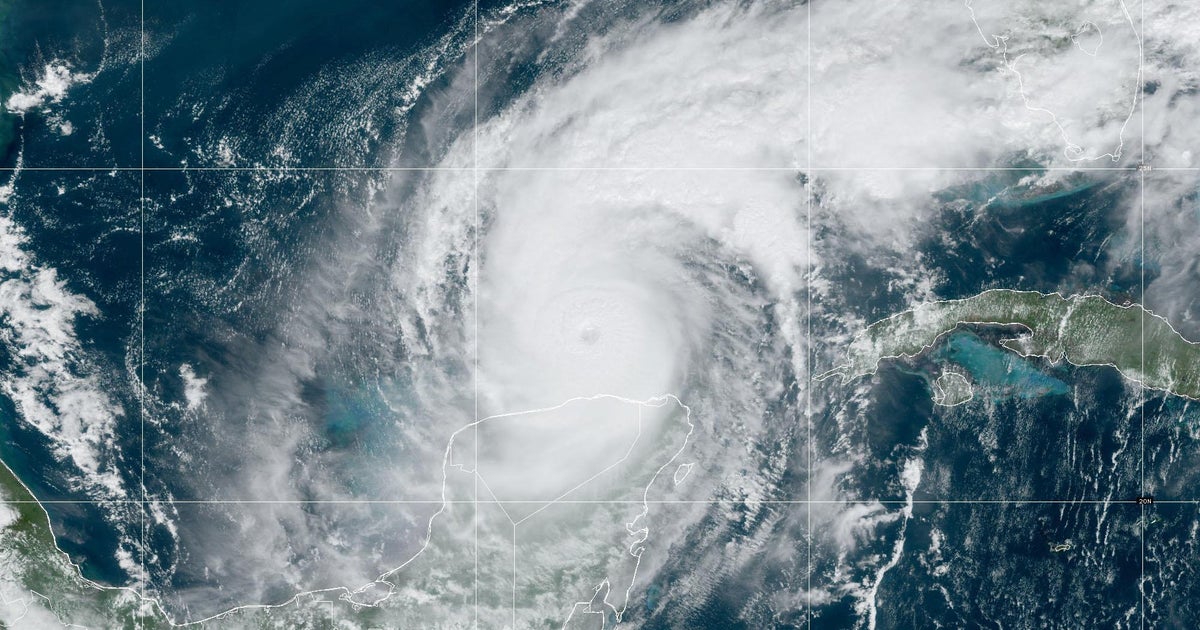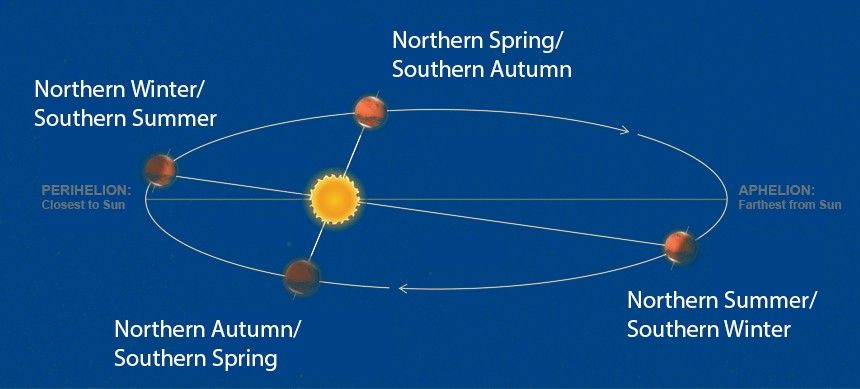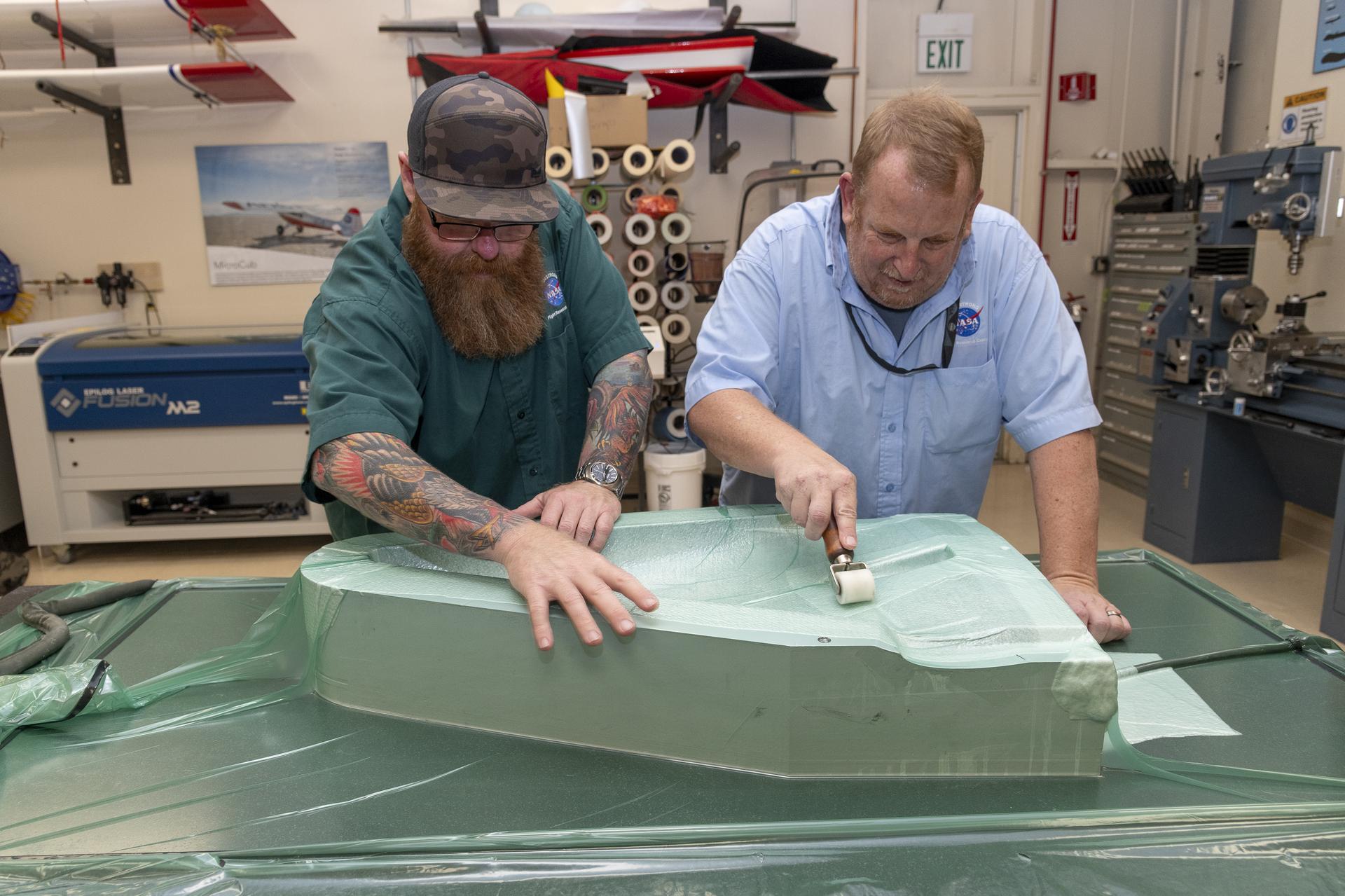University Teams Selected as Finalists to Envision New Aviation Responses to Natural Disasters
Eight teams participating in the 2024 Gateways to Blue Skies: Advancing Aviation for Natural Disasters Competition have been selected to present their design concepts to a panel of industry experts at the 2024 Blue Skies Forum, May 30 and 31, 2024 at NASA’s Ames Research Center in Mountain View, California. Sponsored by NASA’s Aeronautics Research […]

3 min read
Preparations for Next Moonwalk Simulations Underway (and Underwater)

Eight teams participating in the 2024 Gateways to Blue Skies: Advancing Aviation for Natural Disasters Competition have been selected to present their design concepts to a panel of industry experts at the 2024 Blue Skies Forum, May 30 and 31, 2024 at NASA’s Ames Research Center in Mountain View, California.
Sponsored by NASA’s Aeronautics Research Mission Directorate (ARMD), this year’s Blue Skies Competition asked teams of university students to research and conceptualize aviation-related systems that will aid in natural disaster management, and to submit a five to seven-page proposal and a video summarizing their concept.
“We are thrilled with the diversity of ideas from all the finalists and can see their passion for making a real impact in natural disaster response through new and improved aviation systems,” said Steven Holz, NASA Aeronautics University Innovation Assistant Project Manager and Blue Skies judge and co-chair. “We look forward to seeing their final papers, infographics, and hearing their final presentations at the forum.”
The 2024 Gateways to Blue Skies: Advancing Aviation for Natural Disasters finalist projects represent diverse natural disaster response types, including earthquakes, avalanches, volcanic eruptions, hurricanes, floods, and wildfires:
Boston University
Deployable Unmanned Aerial System to Detect and Map Volcanic Ash Clouds
Advisor: James Geiger
Boston University
Rapid Evaluation, Coordination, Observation, Verification & Environmental Reporting (RECOVER)
Advisor: Dr. Anthony Linn
Bowie State University
Enhancing Earthquake Disaster Relief with Artificial Intelligence and Machine Learning
Advisor: Dr. Haydar Teymourlouei
California State Polytechnic University, Pomona
Aero-Quake Emergency Response Network
Advisor: Mark Gonda
Cerritos College
F.I.R.E. (Fire Intervention Retardant Expeller)
Advisor: Janet McLarty-Schroeder
Columbia University
AVATARS: Aerial Vehicles for Avalanche Terrain Assessment and Reporting Systems
Faculty Advisor: Dr. Mike Massimino
North Carolina State University
Reconnaissance and Emergency Aircraft for Critical Hurricane Relief (REACHR)
Advisor: Dr. Felix Ewere
University of Texas, Austin
Data Integrated UAV for Wildfire Management
Advisor: Dr. Christian Claudel
As climate change increasingly influences the frequency and severity of natural disasters on a global scale, opportunities to contribute at the intersection of technological advancement, aviation, and natural disasters grow in both number and importance. NASA Aeronautics is dedicated to expanding its efforts to assist commercial, industry, and government partners in advancing aviation-related systems that could help prepare for natural disasters, lessen their impacts, and speed up recovery efforts.
The eight finalist teams each receive $8,000 stipends to facilitate full participation in the Gateways to Blue Skies Forum, which will be held in May in Mountain View and will be livestreamed globally. Winning team members earn a chance to intern at one of NASA’s Aeronautics centers in the 2024-25 academic year.
The 2024 Gateways to Blue Skies competition is sponsored by NASA’s Aeronautics Research Mission Directorate’s (ARMD’s) University Innovation Project (UI) and is managed by the National Institute of Aerospace (NIA).
For more on the Gateways to Blues Skies: Advancing Aviation for Natural Disasters competition, visit https://blueskies.nianet.org.
Share
Details
Related Terms
What's Your Reaction?



















.jpg?#)


































